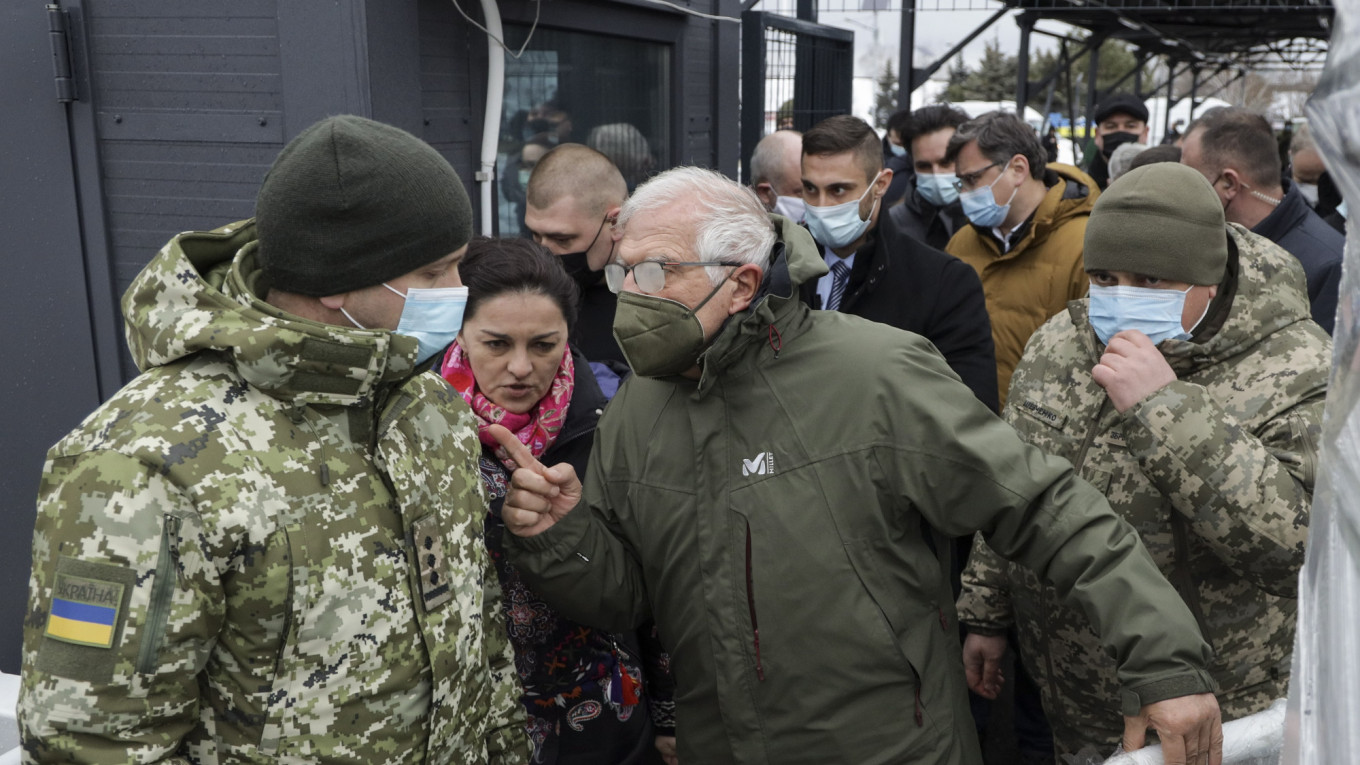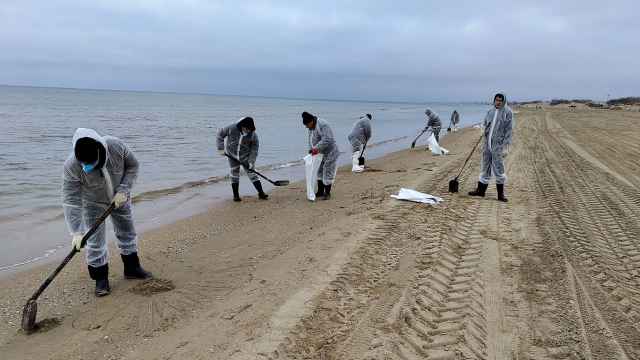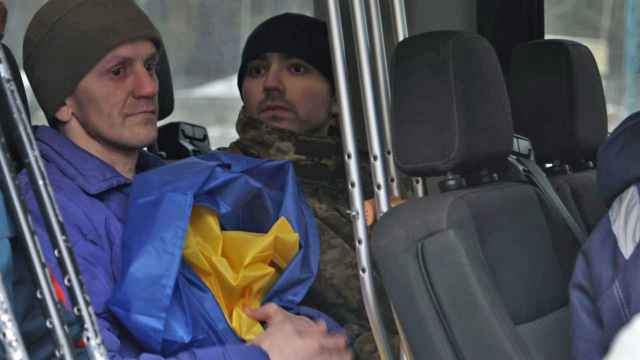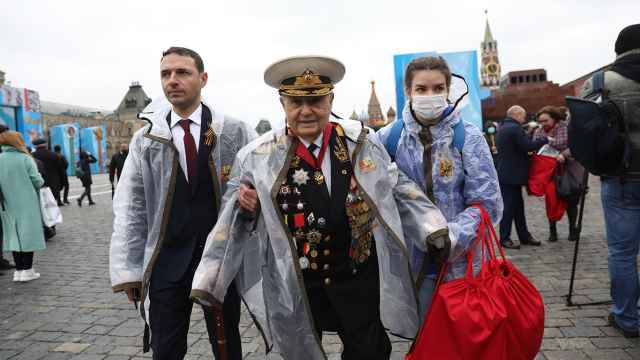EU foreign policy chief Josep Borrell vowed the bloc's full support for Ukraine Wednesday as he visited amid fears Moscow plans to invade and ahead of U.S.-Russia talks on the crisis.
The visit comes as the West tries to deter Moscow from launching an attack on its ex-Soviet neighbour, which has battled pro-Kremlin separatists in two eastern regions bordering Russia since 2014.
"We are here first to reaffirm European Union's full support to Ukraine's independence, sovereignty and territorial integrity," Borrell told a press conference with Ukrainian Foreign Minister Dmytro Kuleba.
"Any military aggression against Ukraine will have messy consequences and severe costs," he said in the village of Stanytsya Luganska in the eastern Lugansk region.
"And we are coordinating with the U.S., with NATO and other like-minded partners in order to work for de-escalation."
Borrell's visit, which he said illuminated "destinies destroyed" and "families divided", was the first by an EU foreign policy chief to eastern Ukraine since war broke out nearly eight years ago.
The timing was right, Borrell said, because "the geopolitical landscape is changing very quickly and the conflict on the borders of Ukraine is on the verge of getting deeper."
The deployment by Russia of tens of thousands of troops to the border has sparked fears in Kiev and among its Western allies of a wider war in Ukraine.
Kuleba said he was "glad" the EU foreign policy chief had a chance to visit the frontline and "feel the consequences of the conflict with his own eyes."
Ukraine and the European Union had a common goal, he said, which is "to de-escalate the situation through diplomatic means so Moscow reduces tensions and abandons its aggressive intentions."
"The European Union stands shoulder to shoulder with Ukraine in countering Russia's aggressive policy," the Ukrainian foreign minister said.
The conflict in eastern Ukraine broke out shortly after Russia seized Crimea and has since claimed over 13,000 lives.
Kyiv and its Western allies accuse the Kremlin of fomenting the rebellion, a claim Moscow has repeatedly denied.
Russian President Vladimir Putin denies planning to attack the neighbouring country, saying the troop movements are to defend Russia against an encroaching Western military.
Last month Moscow presented the West with sweeping security demands, saying NATO must not admit new members, including Ukraine, and seeking to bar the United States from establishing new bases in former Soviet republics.
No talks without EU, Ukraine
High-ranking officials from the United States and Russia are set to hold two days of talks in Geneva on the crisis starting Sunday.
But Brussels fears it is being sidelined as Washington and Moscow discuss the balance of power in Europe.
"The limitation of spheres of influence of two big powers" are no longer relevant, Borrell said Wednesday.
"There is no security in Europe without security of Ukraine. And it is clear that any discussion on European security must involve the EU and Ukraine.
U.S. President Joe Biden's administration has sought to assure European allies that it will act in concert with them, dismissing suggestions that it could seek a Cold War-style agreement that affects Europe without its participation.
Secretary of State Antony Blinken on Monday spoke jointly by telephone with the foreign ministers of seven eastern EU member states.
The United States and its European partners have threatened to impose harsh economic sanctions if Russia invades Ukraine.
A Message from The Moscow Times:
Dear readers,
We are facing unprecedented challenges. Russia's Prosecutor General's Office has designated The Moscow Times as an "undesirable" organization, criminalizing our work and putting our staff at risk of prosecution. This follows our earlier unjust labeling as a "foreign agent."
These actions are direct attempts to silence independent journalism in Russia. The authorities claim our work "discredits the decisions of the Russian leadership." We see things differently: we strive to provide accurate, unbiased reporting on Russia.
We, the journalists of The Moscow Times, refuse to be silenced. But to continue our work, we need your help.
Your support, no matter how small, makes a world of difference. If you can, please support us monthly starting from just $2. It's quick to set up, and every contribution makes a significant impact.
By supporting The Moscow Times, you're defending open, independent journalism in the face of repression. Thank you for standing with us.
Remind me later.






